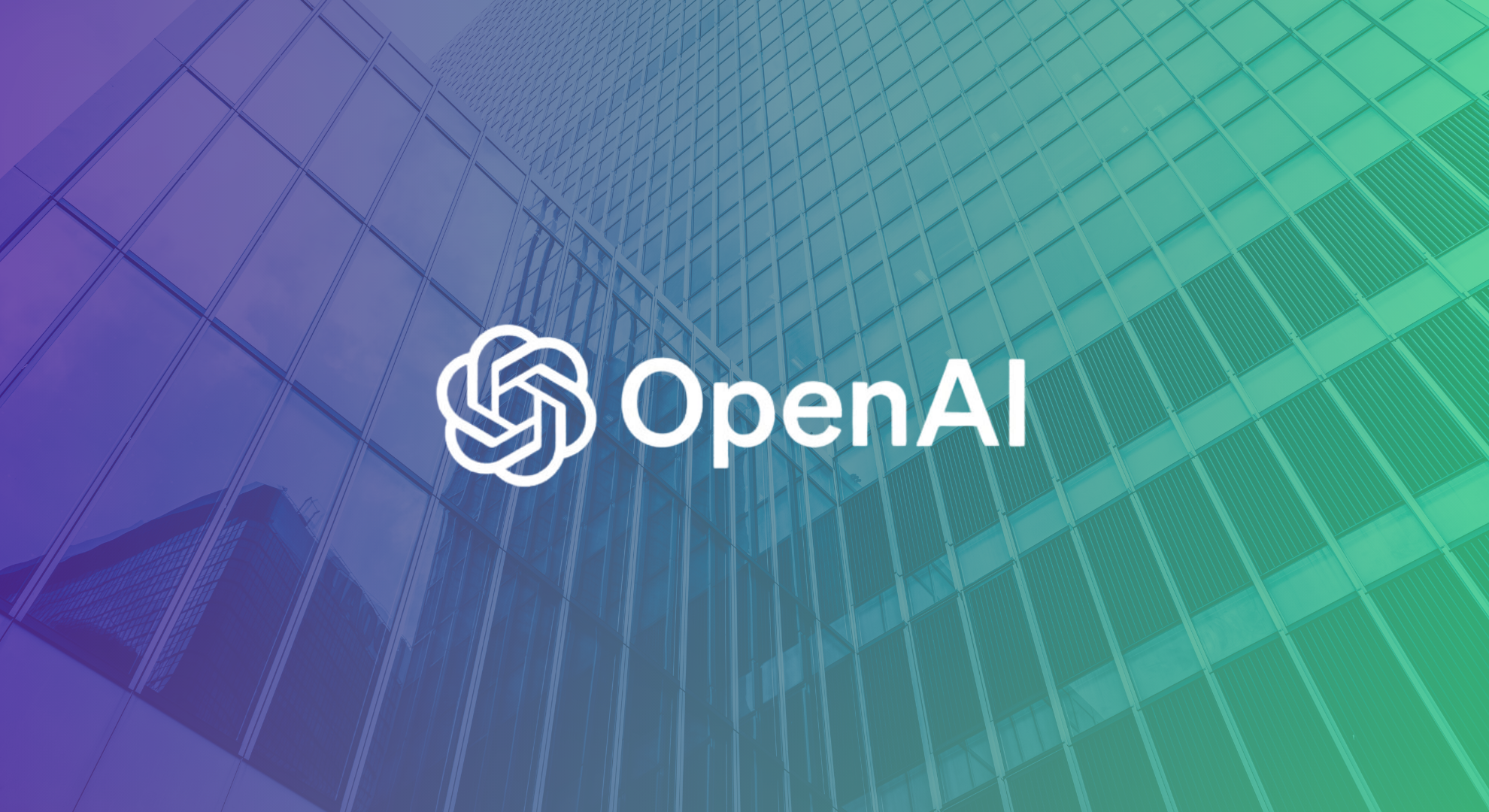Artificial Intelligence has become a defining force of this decade, shaping how businesses operate and how societies evolve. Among the leaders of this transformation is OpenAI, with innovations such as ChatGPT redefining how we approach work, creativity, and problem-solving. In India, a fast-growing economy with one of the largest labor pools in the world, the rise of OpenAI brings both challenges and opportunities. The question is simple: Will it disrupt jobs or unlock new growth pathways for the workforce?
The Indian Workforce Landscape
India holds a unique position in the global talent economy. With its workforce size crossing 500 million, the country has established itself as a hub for IT services, back-office operations, and knowledge outsourcing. According to NASSCOM, the technology sector employs 5 million professionals and contributes nearly 8% to India’s GDP. The sector’s strength lies in its ability to serve international clients in areas such as customer support, software development, and analytics. The arrival of OpenAI’s tools is changing this equation. AI systems are now capable of writing code, resolving customer queries, analyzing large data sets, and creating content. Roles traditionally considered people-driven are being automated with precision and speed. This naturally raises concerns about job relevance in areas such as call centers, junior-level coding, and basic reporting.
Automation vs. Augmentation
While concerns around automation are understandable, AI is best viewed as an augmentation tool rather than a replacement. For example, Indian IT leaders such as Infosys and TCS are using AI-powered assistants to help developers debug code quickly. Instead of eliminating roles, these tools reduce repetitive work, allowing professionals to focus on client engagement, solution design, and innovation. A report by Accenture highlights that 60% of workers believe AI enhances productivity instead of taking away their role. For India, where efficiency and scalability matter deeply, AI adoption can become a growth enabler if implemented with foresight.
Opportunities in the Age of AI- The integration of OpenAI in India is creating opportunities across industries:
Expanding the IT Services Model- India’s IT services industry has thrived on cost advantages and large-scale manpower. With AI, the future advantage will come from intellectual property, automation frameworks, and AI-driven platforms. Companies that integrate OpenAI solutions can deliver faster, more innovative services to global clients.
Rise of AI-Centric Startups- India’s startup ecosystem is vibrant, with over 100 unicorns already established. OpenAI’s APIs allow founders to create disruptive solutions in healthcare, education, fintech, and retail. For instance, edtech ventures can develop AI tutors for personalized learning, while fintech firms can use AI-powered assistants for financial planning and customer support.
Democratizing Knowledge Work- AI is leveling the playing field for small businesses. A shop owner in Jaipur can use AI tools to draft professional content, translate product listings into multiple languages, or analyze sales data. This accessibility enables smaller players to compete with established corporations, driving inclusive growth.
Skilling and Reskilling the Workforce- The demand for new skills is rising rapidly. Initiatives such as Skill India, along with private learning platforms like UpGrad and Coursera, can leverage AI for adaptive training programs. Workers who learn to collaborate with AI will find themselves in strong demand across industries.
Real-World Applications in India
OpenAI’s impact is already visible in the Indian market:
Healthcare: Hospitals are using AI to support doctors with diagnosis assistance and medical summaries.
Banking: Financial institutions have deployed AI chatbots for customer service and fraud detection.
Education: Teachers are adopting AI to customize lesson plans and create assessments.
Marketing: Content teams are using AI to ideate campaigns, generate translations, and analyze audience behavior.
These examples show that AI is being integrated into workflows as a partner rather than a replacement.
Challenges That Need Attention
To unlock the full opportunity, India must address certain challenges. Data security and privacy require robust frameworks, especially in sectors such as finance and healthcare. Ethical adoption is another priority, ensuring that AI outcomes avoid bias in hiring, lending, or academic assessments. Infrastructure gaps also need addressing. While metro cities are fast to adopt AI, semi-urban and rural areas may face hurdles in adoption due to connectivity and digital literacy. A focused approach to bridging this divide will ensure that AI-driven growth remains inclusive.
Preparing for the Future
For India’s workforce, the future lies in embracing AI rather than resisting it. Organizations need to invest in reskilling programs that highlight creativity, problem-solving, and domain expertise. Employees who master the ability to use OpenAI tools effectively will stand out in a competitive job market. Policymakers also play a central role. By creating frameworks for responsible AI use, investing in local research, and encouraging partnerships between academia and industry, India can position itself as a global leader in AI adoption.
Conclusion
OpenAI’s presence in India is both a disruption and an opportunity. However, the opportunities far outweigh the concerns when approached strategically. AI has the potential to amplify human creativity, accelerate growth, and fuel innovation across industries. For India, the focus should be on reskilling talent, supporting startups, and ensuring ethical use of technology. The future of work in India will not be defined by machines replacing people. It will be defined by humans collaborating with intelligent systems to build smarter, faster, and more impactful solutions. OpenAI is not shrinking possibilities; it is expanding them. For India’s workforce, this is the time to adapt, evolve, and lead in the AI-powered era.




